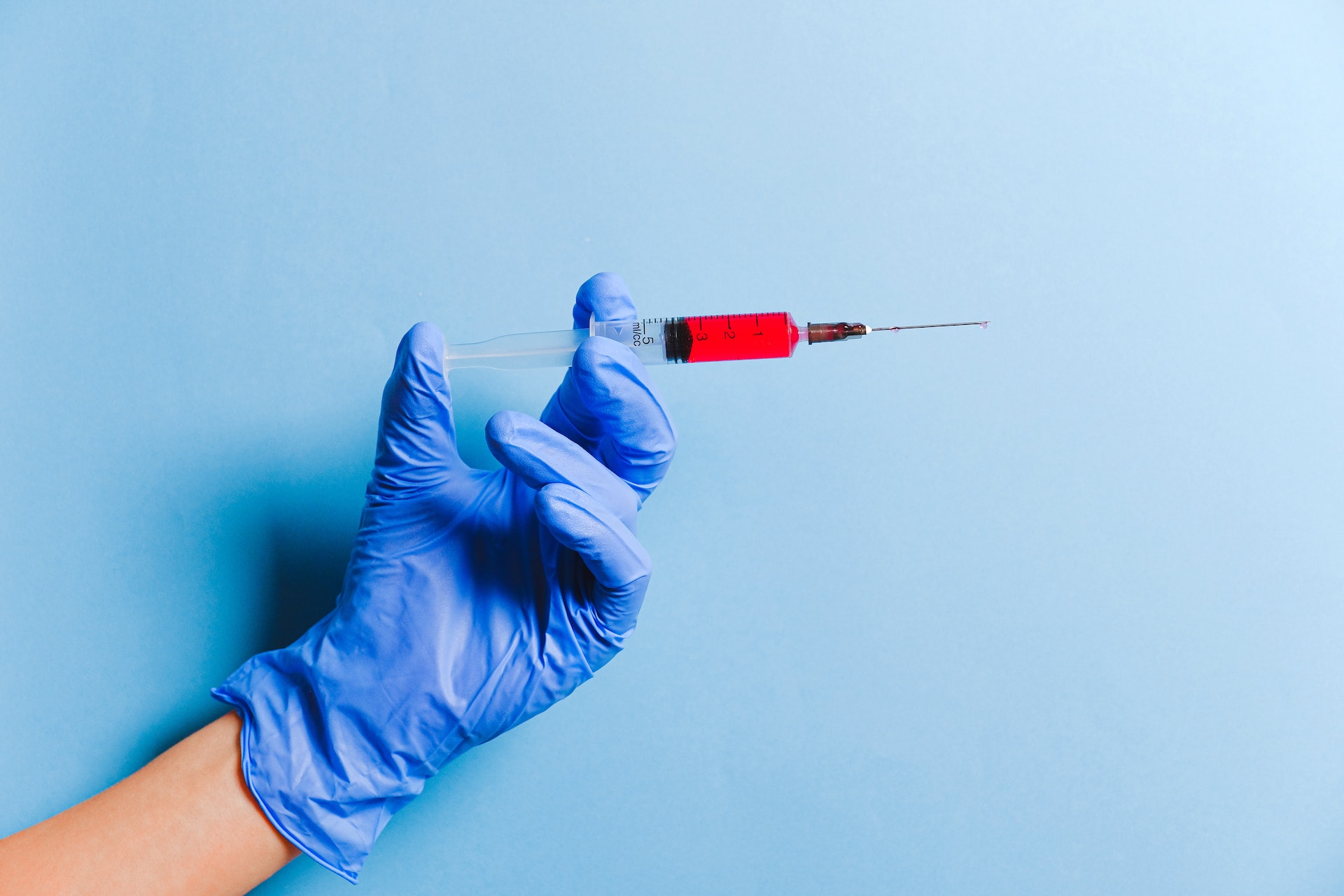Living with high blood pressure and kidney disease can be a challenge, but one of the most effective ways to manage these conditions is by adopting a healthy diet. In this article, we'll explore the key principles of a diet that's both kidney-friendly and helps to manage high blood pressure.
Understanding High Blood Pressure and Kidney Disease
High blood pressure and kidney disease are two conditions that are closely linked. In fact, high blood pressure is one of the leading causes of kidney disease, and kidney disease can also contribute to high blood pressure.The kidneys are responsible for filtering waste products from the blood and regulating the body's fluid balance. When blood pressure is consistently high, it can damage the blood vessels in the kidneys, making it harder for them to do their job effectively. Over time, this damage can lead to chronic kidney disease.
On the other hand, kidney disease can also contribute to high blood pressure. When the kidneys are damaged, they may release hormones that cause the blood vessels to constrict, leading to an increase in blood pressure. This is why it's important to manage both conditions in order to prevent further damage to the kidneys and reduce the risk of other health complications.
The good news is that adopting a healthy diet can be an effective way to manage both high blood pressure and kidney disease. By focusing on whole foods that are low in sodium and saturated fat and rich in nutrients, you can help support your kidneys and reduce your risk of complications from high blood pressure. In addition to diet, it's also important to manage stress, exercise regularly, and take any medications as prescribed by your healthcare provider. By taking a comprehensive approach to managing your health, you can live a full and active life despite these conditions.
The DASH Diet
The DASH diet is a powerful tool for improving your health, particularly if you have high blood pressure or kidney disease. This diet emphasizes whole foods that are rich in nutrients and low in sodium, saturated fat, and cholesterol.One of the great things about the DASH diet is that it's not about deprivation or extreme measures. Instead, it's all about making small, sustainable changes to your eating habits that add up over time. By focusing on whole foods and limiting your intake of processed and unhealthy foods, you can improve your overall health and reduce your risk of chronic diseases.
In addition to its benefits for high blood pressure and kidney disease, the DASH diet has been shown to have a wide range of other health benefits. For example, it can help you maintain a healthy weight, reduce your risk of heart disease and stroke, and improve your overall nutritional status.
But perhaps the most important thing about the DASH diet is that it's not a quick fix or a fad diet. Instead, it's a long-term approach to eating that can help you maintain your health and well-being over time.
By making healthy choices a part of your everyday life, you can take control of your health and enjoy a better quality of life. The DASH diet emphasizes whole foods that are rich in nutrients and low in saturated fat, cholesterol, and sodium. Key components of the diet include:
- Fruits and vegetables: Aim for at least 4-5 servings of fruits and vegetables per day.
- Whole grains: Choose whole-grain bread, pasta, and rice instead of refined grains.
- Lean protein: Opt for lean meats, fish, poultry, and plant-based protein sources like beans and lentils.
- Low-fat dairy: Choose low-fat milk, yogurt, and cheese to get the benefits of dairy without excess saturated fat.
- Healthy fats: Incorporate healthy fats like nuts, seeds, and avocado into your diet.
- Limit salt: The DASH diet recommends no more than 2,300 milligrams of sodium per day, which is about a teaspoon of salt.
Foods to Avoid
While there are many healthy foods that you should include in your diet to manage high blood pressure and kidney disease, there are also certain foods that you should avoid or limit. These include:- Sodium: Too much sodium can cause your body to retain water, which can increase your blood pressure and put a strain on your kidneys. Avoid processed foods, canned foods, and fast foods, which are often high in sodium. Instead, opt for fresh or frozen fruits and vegetables, and use herbs and spices to flavor your meals instead of salt.
- Saturated and trans fats: These types of fats can raise your cholesterol levels and increase your risk of heart disease. Avoid fried foods, fatty meats, and full-fat dairy products. Instead, choose lean proteins, such as fish and poultry, and opt for low-fat or fat-free dairy products.
- Added sugars: Too much sugar can contribute to obesity, which is a risk factor for high blood pressure and kidney disease. Avoid sugary drinks, such as soda and sports drinks, and limit your intake of desserts and sweet snacks.
- Alcohol: Drinking too much alcohol can raise your blood pressure and put a strain on your kidneys. Limit your intake to one drink per day for women and two drinks per day for men.
Conclusion
In conclusion, managing high blood pressure and kidney disease is all about taking a comprehensive approach to your health. By adopting a healthy diet that is low in sodium, saturated fat, and cholesterol, you can support your kidneys and reduce your risk of complications from high blood pressure.The DASH diet is a powerful tool for achieving these goals, emphasizing whole foods that are rich in nutrients and delicious flavors. By avoiding or limiting certain foods and making healthy choices a part of your everyday life, you can take control of your health and enjoy a better quality of life. Remember to also exercise regularly, manage stress, and take any medications as prescribed by your healthcare provider. With the right approach, you can thrive despite these conditions and live your best life.

